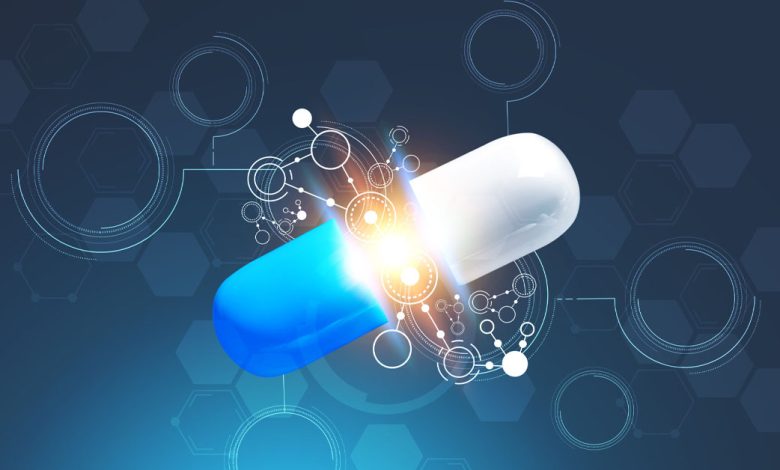
Context- The Ministry of Health plans to revise the guidelines for approval of biosimilars to strengthen the regulatory pathway and synchronize with the rapidly evolving global landscape.
What are biologics?
- Medicines, called biologics or biological products, are created using living organisms in highly advanced production methods.
- The term “biologics” refers to a wide range of products, including vaccines, therapeutic proteins, monoclonal antibodies, and gene and cell therapies.
What are biosimilars?
- A biosimilar is a biologic drug that is “similar” to another biologic drug.
- Biosimilars and reference products are very similar in terms of safety, purity and efficacy, but may differ somewhat in terms of clinically inactive components.
- These are duplicates of biologic drugs that have been used instead of new drugs to treat many diseases and disorders.
- Each biosimilar is made using the same amino acid starting materials and precise, step-by-step methods as the reference drug, a well-studied, widely used biologic drug that has been available for years.
- Biosimilars are all prescription drugs.
- Biosimilars are created using the same raw materials and manufacturing techniques as the original biological product.
- They are designed and developed close to the original drug on which they are based.
- Examples include Semglee (insulin glargine-yfgn), Amjevita (adalimumab-atto), and Inflectra (infliximab-dyb).
- Biosimilars are usually cheaper alternatives to their original biologic drug.
Prospects for biosimilars
- Market growth in biologics for cancer (monoclonal antibodies), diabetes (insulin) and many other autoimmune diseases has opened up new opportunities for biosimilars worldwide.
- Many Indian pharmaceutical companies are investing heavily in the development of biosimilars.
- The first biosimilar version of trastuzumab emtansine not only prevents the growth of cancer cells (trastuzumab), but also delivers a cytotoxic agent to the cancer cell and helps destroy it.
- The market for biosimilars is expanding because they are cheaper than biologics, whose high cost puts them out of reach for many patients.
- Complex generic and similar biological medicines are designed to treat non-communicable diseases such as cancer, asthma and arthritis, and encouraging their manufacture can have a positive impact on development.
Challenges of biosimilars
- The expensive and lengthy development process can take six to seven years.
- Temperature has a significant impact on the preservation of biosimilars due to their high sensitivity.
- Therefore, they must be distributed through a cold chain network.
- Biosimilars and generics differ significantly in production costs and investments in machinery, buildings and other assets.
Biosimilar state in India
- The regulation and development of biosimilars includes:
- Department of Biotechnology (DBT)
- Central Drugs Standard Control Organization (CDSCO)
- Indian council of Medical Research (ICMR)
- Institutional Biosafety Committee (IBC)
- National Control Laboratory Biosafety Committee
- Different laws and guidelines that Biosimilars fall under:
- Drugs and Committee Act (1940)
- Drugs and Cosmetics Rules (1945)
- Environment Protection Act (1986)
- Recombinant DNA Safety Guidelines (1990)
- Guidelines for preclinical and clinical data for rDNA vaccines, diagnostics and other biologicals (1999)
- CDSCO guidance for Industry (2008)
Way forward
- To ensure dishonest and unethical activities, a regulatory structure must be established and proper inspection must be implemented.
- India needs to invest in basic research and training to grow its biological research ecosystem.





.png)



